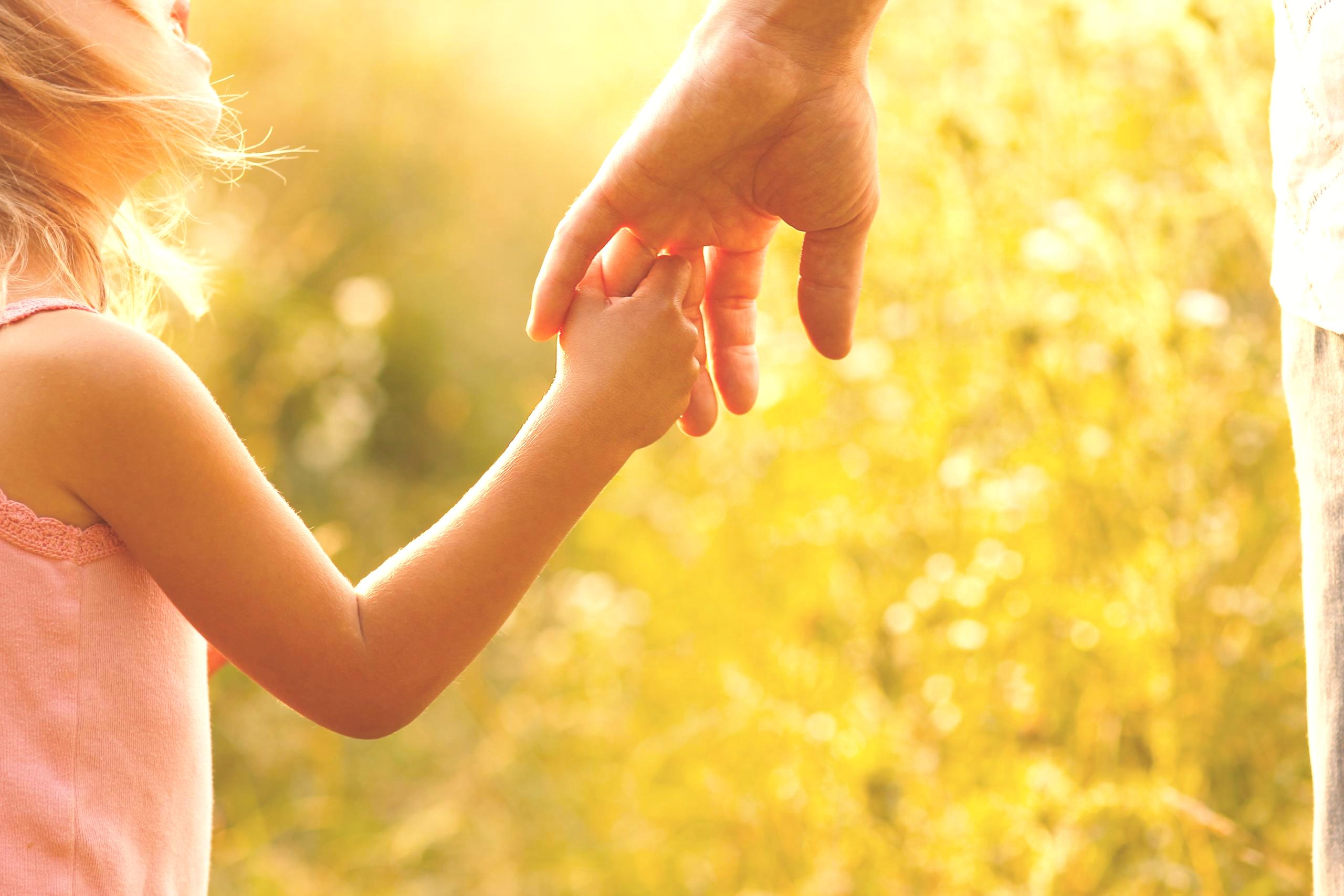November 29, 2018
Kids fail. Its your reaction that counts

On a recent episode of the television series “Game of Thrones,” the heroic Jon Snow lamented that he had tried to do the right thing, but he failed.
“Good,” another character tells him. “Now go fail again.”
It was the closest the show ever came to a touchy-feely moment. I had to chuckle, tickled as I was that a fictional character set in a fantasy land of cutthroat political machinations and remorseless violence would receive the same kind of pep talk that students in the real world repeatedly hear.
We’re always telling our kids that it’s OK to fail. Learn from your missteps. It is only by falling down that we know how to pick ourselves up. Now that we’re in graduation season, commencement speakers across the nation are offering up some version of this “go forth and fail, and fail again” sentiment.
In Oprah Winfrey’s commencement address at Harvard University in 2013, she urged the graduating class to “learn from every mistake.” Last month, Facebook executive Sheryl Sandberg delivered a poignant speech to UC Berkeley graduates, in which she spoke publicly for the first time about the sudden death of her husband.
“It is the hard days — the times that challenge you to your very core — that will determine who you are,” she said.
“Harry Potter” author J.K. Rowling even wrote a book about this idea, “Very Good Lives: The Fringe Benefits of Failure and the Importance of Imagination.”
Central to this message is the notion that failure and hardship can ultimately lead us to success if we use the wisdom gleaned from our experiences and refuse to buckle. Such up-by-your-bootstraps thinking comports with our can-do American mindset and entrepreneurial natures.
The trouble is that many of us don’t always live by these words. It’s great to pontificate to our kids about the virtues of failure and the valuable lessons imparted, but when they screw up, do we really show them through other words and deeds that we truly understand? I wonder.
We love winning, after all, and we idolize those who we perceive to be winners, whether athletes, celebrities, billionaire tech nerds, a girl who gets a boyfriend on a reality show or the kid with the most trophies. And though we claim to embrace failure, isn’t it more the case that we don’t mind it when there’s a great story to tell later about overcoming adversity?
Indeed, it often seems that we see value in the dark days of the journey when — and only when — someone later achieves success. When people are down and out, we tend to enjoy kicking them. In our social media-driven age, there are abundant opportunities to do so.
For parents, the tricky part is helping our kids get through their failures with love and forbearance. It is during the difficult task of holding them accountable, while not saddling them with our own self-involved frustration and dashed dreams, that we realize our kids are not perfect after all.
Our children will fail sometimes. It’s an inevitable part of life, said Dr. Shannon Curry, a clinical psychologist who frequently addresses the parent-child dynamic at her Newport Beach practice.
Frequently, however, parents make these failures more about themselves, she said, by seeing their children’s missteps as a reflection of their parenting or as a personal disappointment. Some parents react by become angry, embarrassed or hypercritical. Others go the opposite route and make excuses for their children’s shortcomings. Some intervene too forcefully or to try to fix everything for them.
That isn’t to say that parents shouldn’t use discipline or take strong measures when their children are out of control. But too often, Curry finds parents responding to their kids’ problems in inappropriate and unhelpful ways, rather than in a manner that nurtures children’s capacity to persevere and work through difficulties in healthy ways.
“Kids have a certain innate resiliency,” she said, “but parents mess that up.”
Effective parents “allow themselves to have conflicts with their kids and don’t see their kids’ mistakes as something shameful or an example of them parenting poorly,” Curry says.
When children mess up or go through a difficult patch, parents would do best to try to remove their own emotional baggage from the situation and help their kids learn how to problem-solve, Curry counsels.
She cites the example of a child who routinely misses homework assignments. First, have a calm conversation about it with the intention of getting to the root cause of the problem. Then engage the child in making a goal-setting plan and have him take responsibility for following through. Agree on the consequences.
And here’s a particularly critical point, Curry says: “Praise hard work and perseverance over performance. We’re not going to lie to our kids and tell them they’re the best ones out there. Focus on effort and not achievement.
“Allow them to feel disappointment and teach them that real success doesn’t come from being the best. It comes from this feeling that I have people who love me. I work hard. I am caring and kind.”
It’s sage advice worth considering as part of the larger discussion about learning from failure. Tough times can be character-building, but parents’ focus should be on cultivating their children’s ability to weather the storm, not just the storm itself.
PATRICE APODACA is a Newport-Mesa public school parent and former Los Angeles Times staff writer. She is also a regular contributor to Orange Coast magazine. She lives in Newport Beach.
https://www.latimes.com/socal/daily-pilot/tn-dpt-me-apodaca-20160604-story.html
[trx_button type=”square” style=”default” size=”small” link=”http://www.latimes.com/socal/daily-pilot/opinion/tn-dpt-me-apodaca-20160604-story.html” popup=”no”]Read Article[/trx_button]





